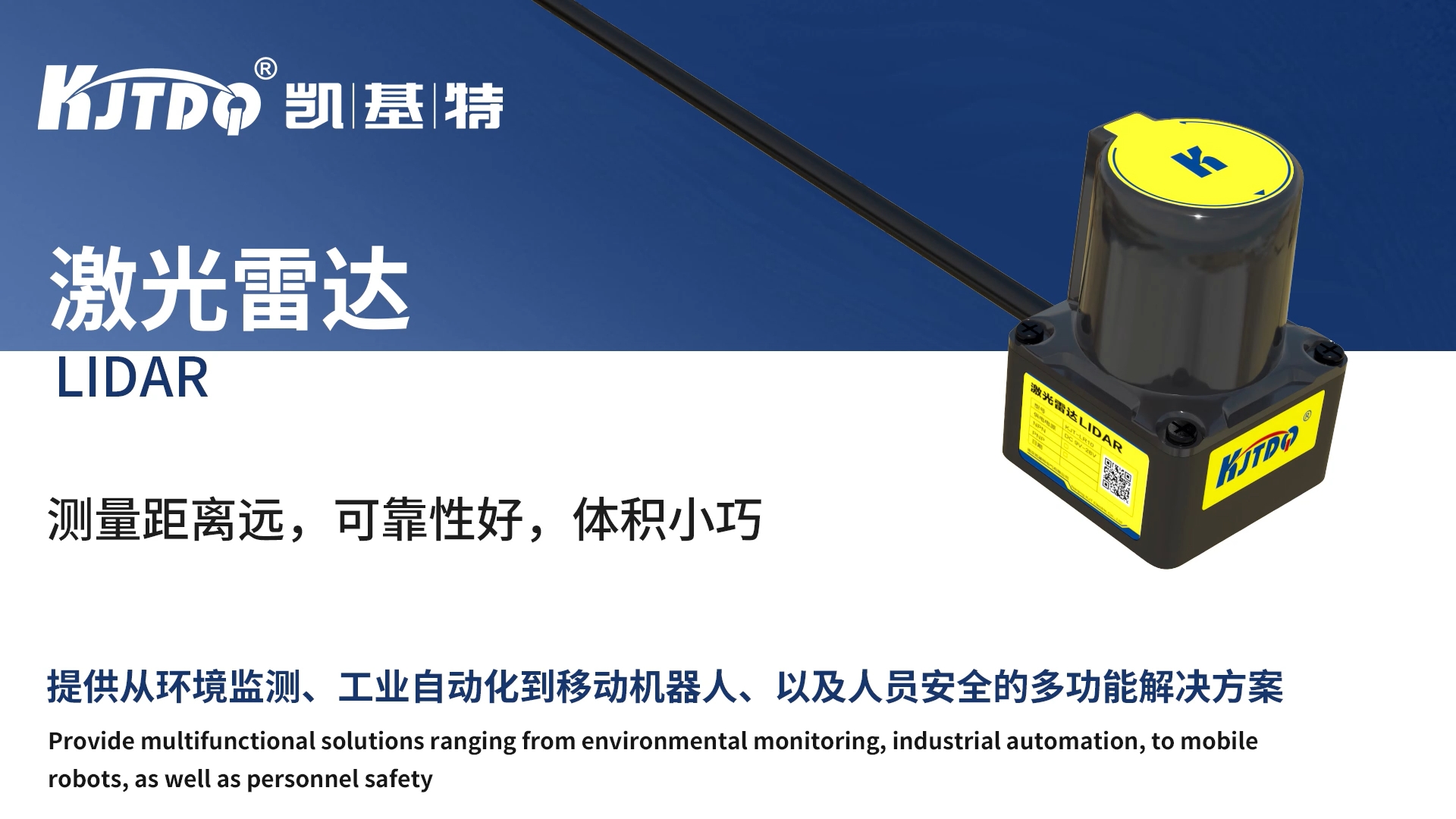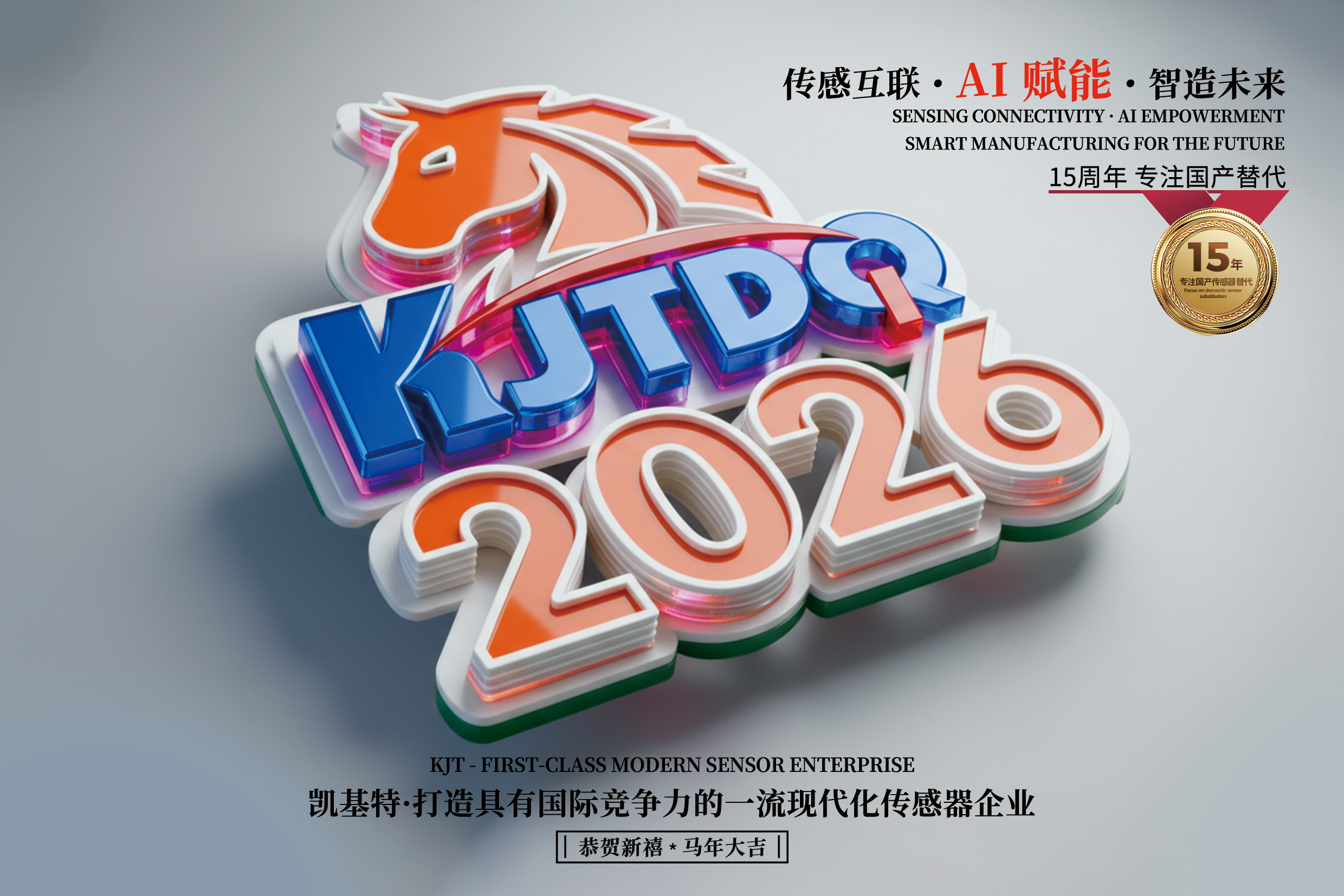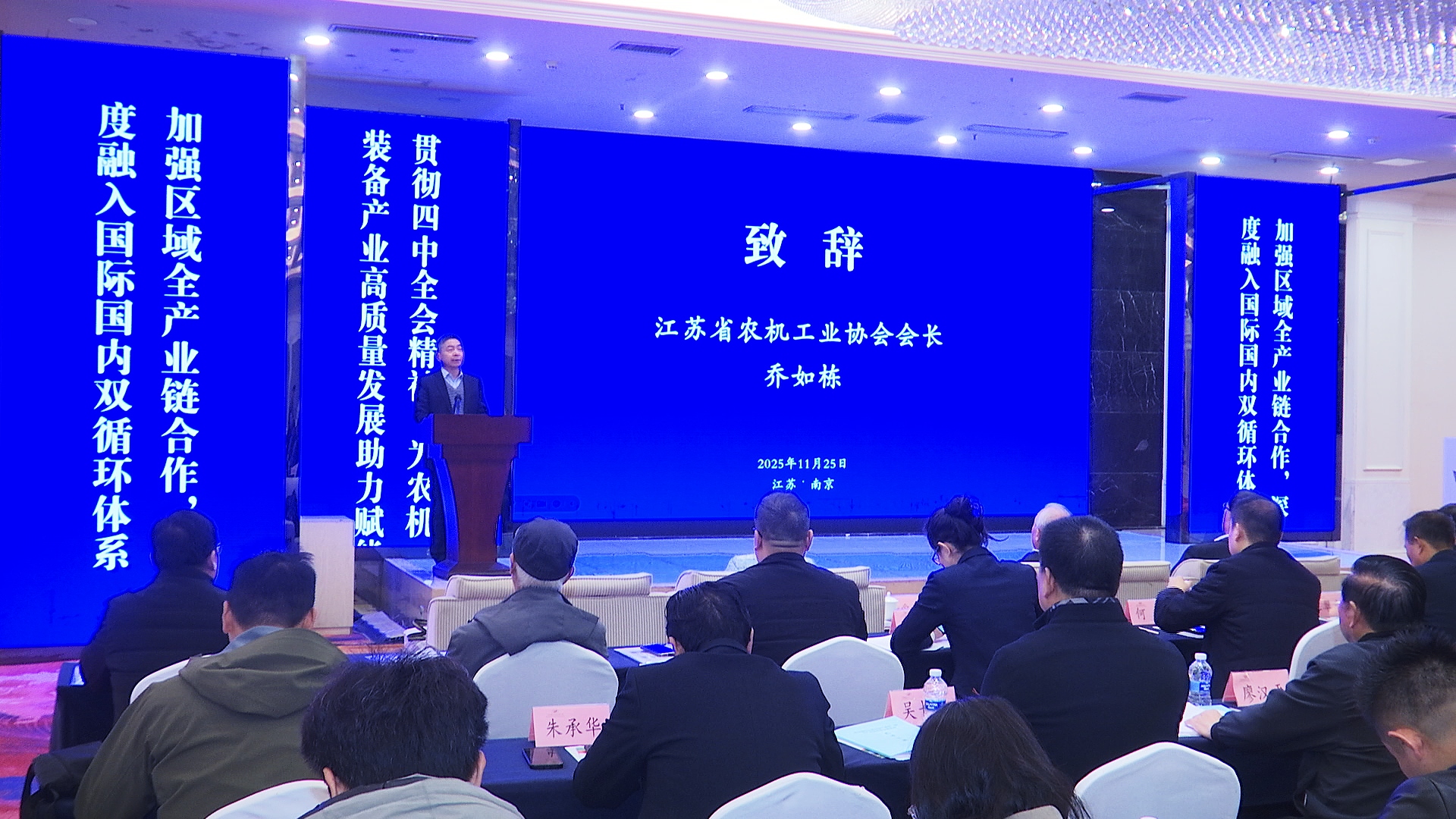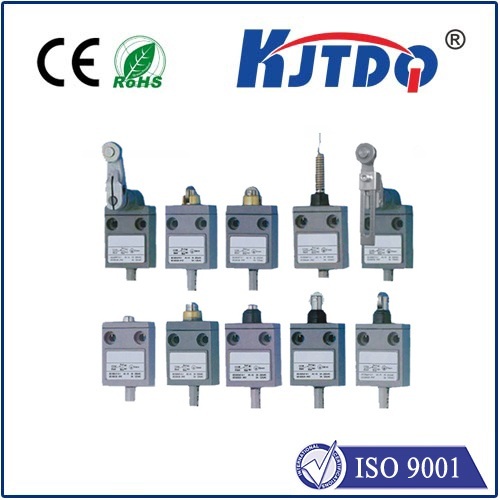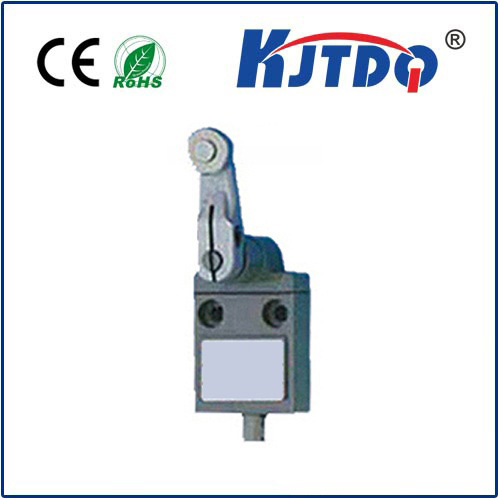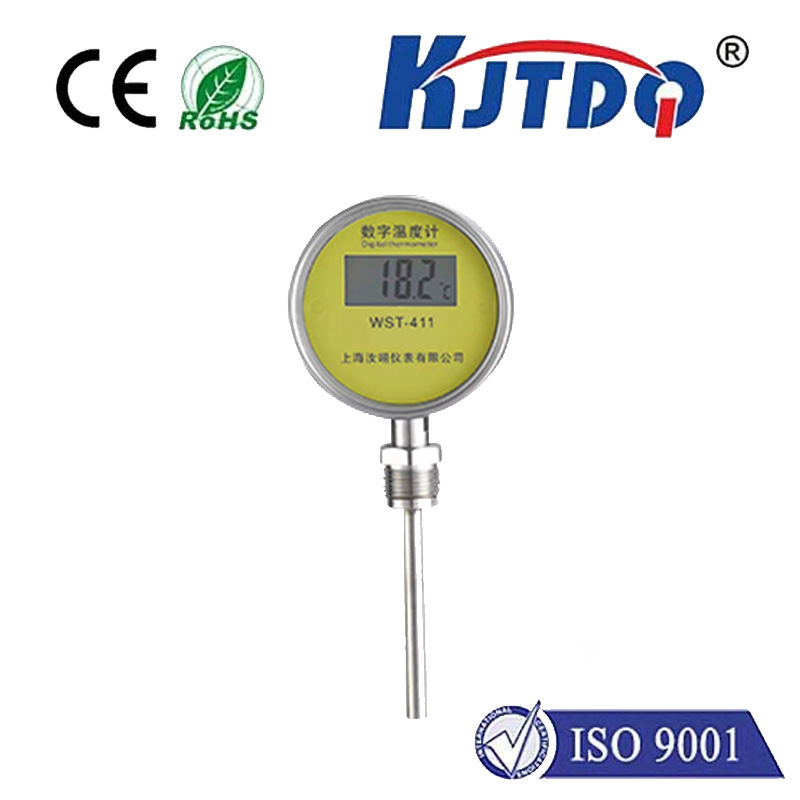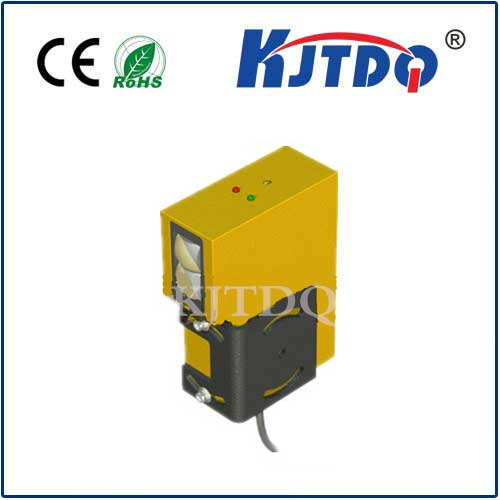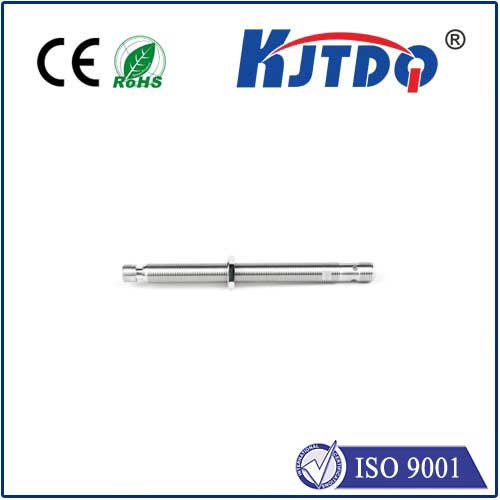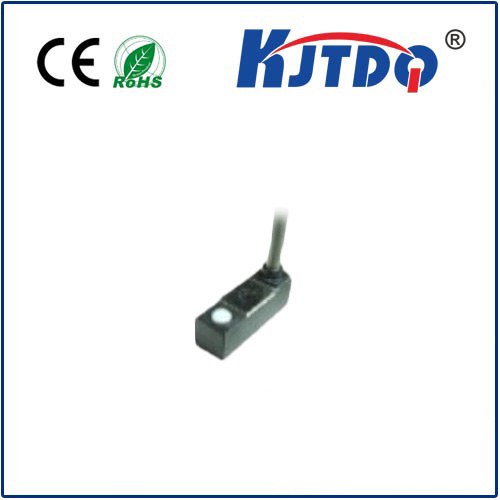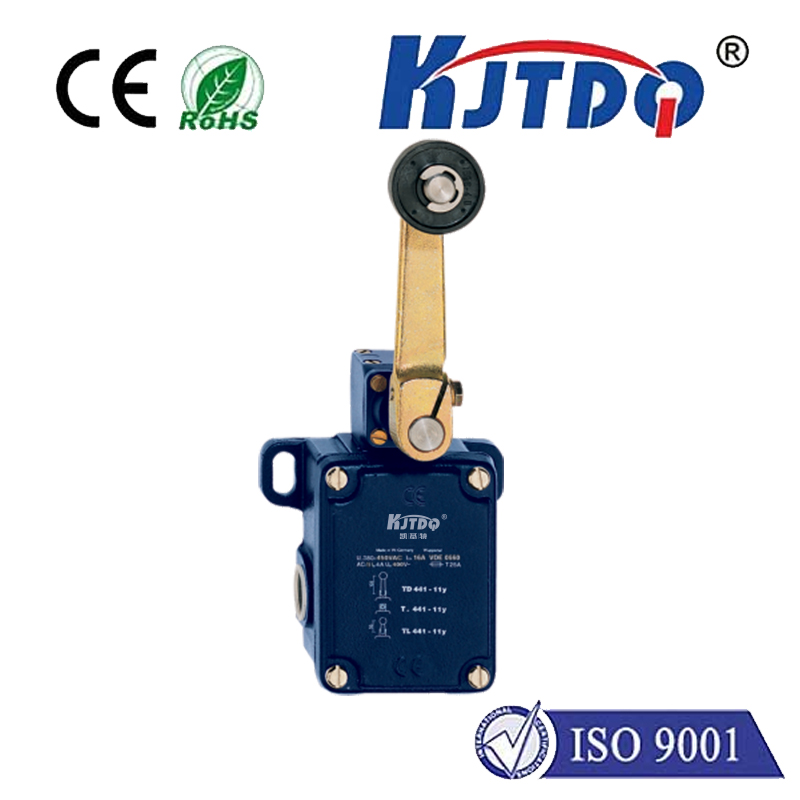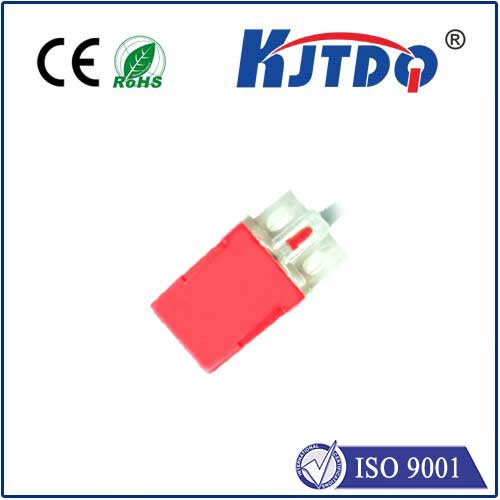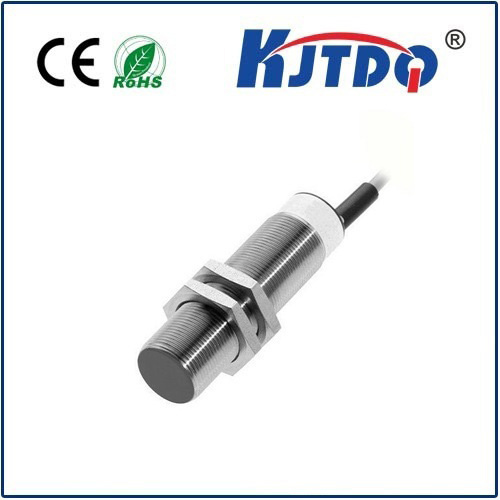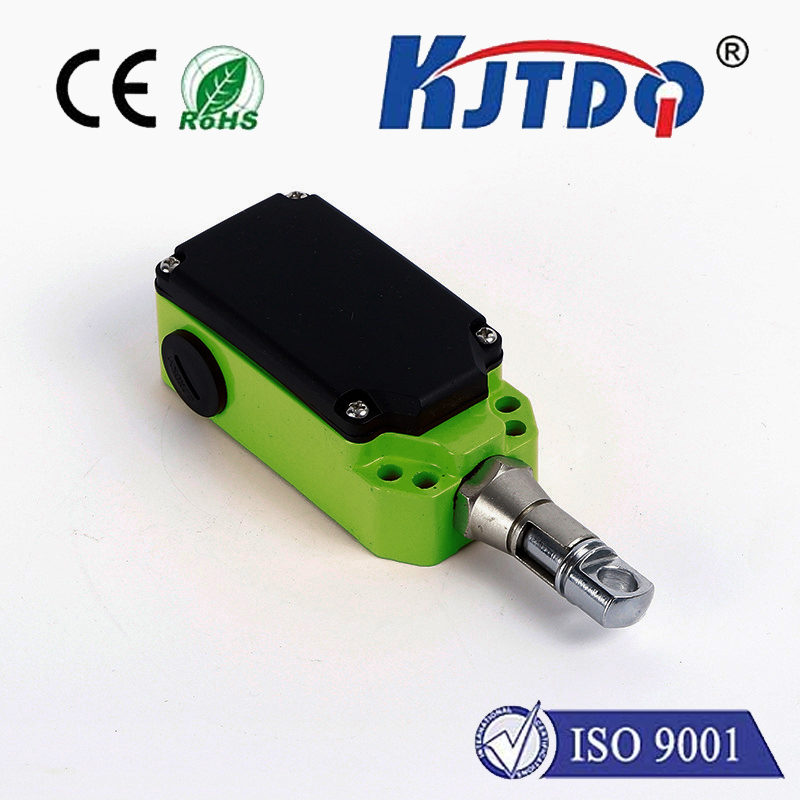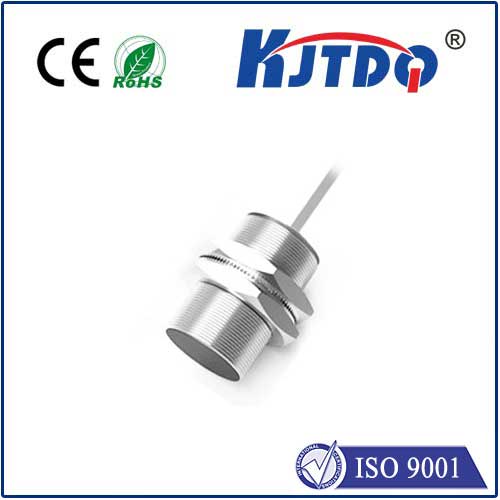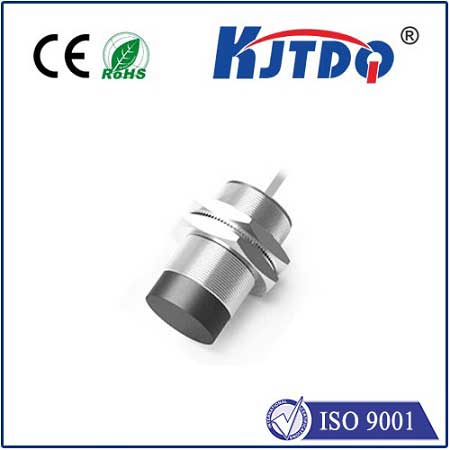fotek temperature controller
- time:2025-08-23 01:27:05
- Click:0
Master Precision Control with Fotek Temperature Controllers: Industrial Efficiency Redefined
Temperature – a seemingly simple variable – is often the linchpin of efficiency, quality, and safety in countless industrial processes. From ensuring flawless plastic molding to guaranteeing food safety during pasteurization, maintaining the exact right temperature range is non-negotiable. This is where specialized control equipment becomes mission-critical. Fotek, a recognized name in automation components, offers a range of robust and reliable temperature controllers designed to meet these demanding challenges head-on. If you’re seeking consistent performance and process optimization, understanding the capabilities of a Fotek temperature controller is a vital step.

Fotek’s temperature controller lineup is engineered with industrial realities in mind. These are not generic gadgets, but purpose-built instruments handling diverse thermal management tasks across sectors like plastics manufacturing, food & beverage processing, packaging, HVAC systems, and laboratory equipment. Their core function is straightforward yet powerful: precisely monitor a temperature input (via thermocouple, RTD, or other sensors) and activate or deactivate heating/cooling devices based on the desired setpoint and sophisticated control algorithms. The result? Stable thermal conditions where they matter most.
- Versatility in Design: Fotek caters to varied needs by offering controllers with different output types. Key options include Solid State Relay (SSR) outputs for silent, high-speed switching and long life, ideal for frequent cycling or resistive loads, and Relay outputs for handling higher currents or inductive loads where contact arcing is less critical. This flexibility ensures you match the controller to your specific heating element or cooling system.
- Advanced Control Algorithms: Beyond simple on/off control, many Fotek models incorporate sophisticated PID (Proportional-Integral-Derivative) control. Programmable PID tuning allows the controller to anticipate changes, minimize overshoot, and reduce temperature fluctuations dramatically compared to basic controllers. This fine-tuning capability is essential for processes where tight tolerances (e.g., +/- 0.5°C) are required for product consistency and minimizing energy waste.
- Ruggedness and Reliability: Industrial environments are tough. Fotek controllers are typically built with these conditions in mind, featuring durable casings, wide operating temperature ranges, resistance to electrical noise, and often high IP ratings (like IP65) for protection against dust and water jets. This inherent ruggedness translates to reduced downtime and lower maintenance costs.
- User-Friendly Interface: Despite their advanced capabilities, Fotek controllers generally emphasize practical operation. Clear LED or LCD displays show process values and setpoints, while intuitive button configurations facilitate straightforward setup, programming, and calibration. Features like auto-tuning can significantly simplify the initial configuration of PID loops for optimal performance.
- Critical Integration Features: Seamless connection into broader systems is facilitated through features like universal voltage inputs (AC/DC) for power flexibility, multiple input type options to match common sensors (Type K, J, PT100, etc.), and alarm outputs to signal deviations. Some advanced models may also offer communication protocols (like Modbus RTU) for integration into SCADA or PLC networks, enabling remote monitoring and control.
The tangible benefits of implementing a Fotek temperature controller extend far beyond simply hitting a target number:
- Enhanced Product Quality and Consistency: Precise temperature regulation directly correlates with consistent product dimensions, proper curing, correct melting points, and optimal chemical reactions. This reduces scrap rates and guarantees your output meets specifications every time.
- Significant Energy Savings: Intelligent control, especially with finely tuned PID, prevents overheating and excessive cycling, reducing energy consumption substantially. Avoiding temperature overshoot and maintaining stable conditions means heaters and coolers work only as hard as necessary.
- Increased Production Efficiency: Stable thermal conditions minimize interruptions for adjustments, allow processes to run at optimal speeds, and reduce machine downtime caused by temperature-related faults or product rejects.
- Improved Process Safety: Reliable temperature control prevents dangerous overheating scenarios that could damage equipment or even create fire hazards. Controllers also provide critical alarms for high or low temperature conditions requiring operator intervention.
- Reduced Human Error: Automating temperature control removes reliance on manual checks and adjustments, freeing up operator time for other tasks while ensuring the process runs correctly 24⁄7.
Whether it’s maintaining the perfect extruder barrel temperature in plastics, ensuring precise oven zones in food production, regulating heat treatment furnaces, or controlling autoclaves, Fotek temperature controllers provide a dependable solution. They represent a balance of performance, durability, and value, offering industrial-grade control without excessive complexity. Selecting the right model involves considering your specific process requirements – sensor type, output device (SSR vs Relay), control algorithm needed (On/Off vs PID), environmental conditions, and any communication needs. Investing in a capable Fotek temperature controller is an investment in smoother operations, superior quality, and a healthier bottom line, proving that mastering temperature is fundamental to mastering industrial efficiency.










